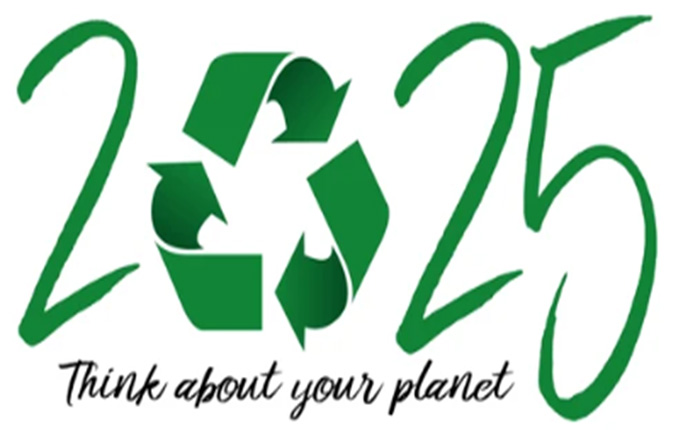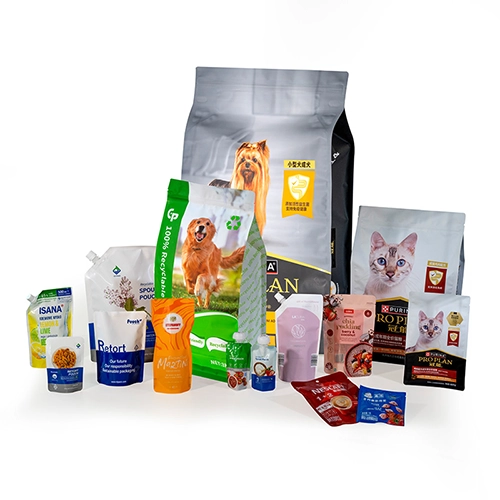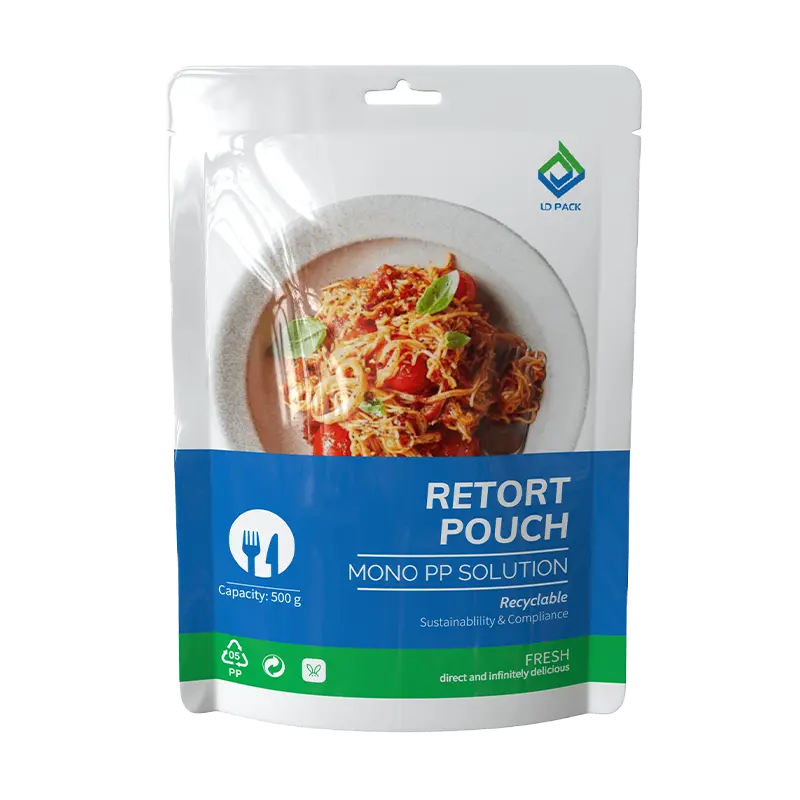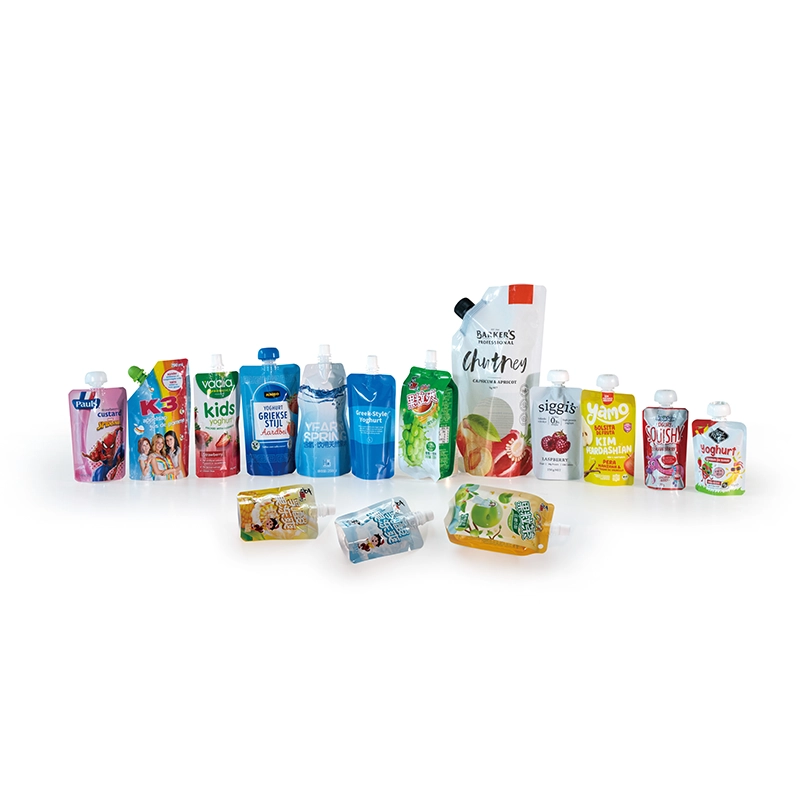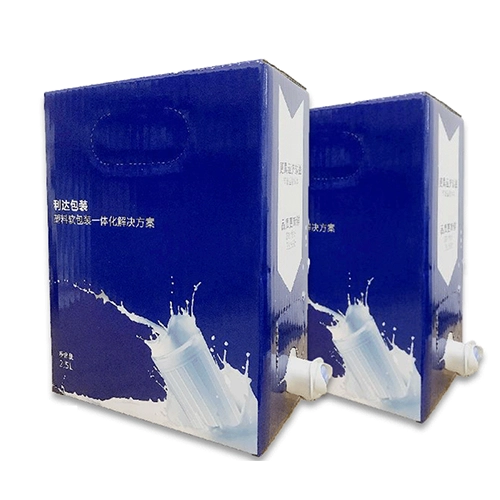LCA is a tool for sustainability of commercial products
Life Cycle Assessment (LCA) is widely accepted as a tool for determining the sustainability of commercial products.
Flexible packaging achieves higher sustainability scores by reducing material usage. It typically uses less material compared to rigid packaging, resulting in lighter weight and smaller volume, which enhances overall supply chain efficiency (including material handling, transportation, and storage) and reduces costs. Utilizing the simplest structure made from mono-material (or laminated structures made from the same material but with different processing techniques) can further minimize resource use.
Additionally, when flexible packaging is customized for specific applications, it optimally fulfills its functions of protection, presentation, and easy for use, thereby maximizing product sales.
In other words, if a product fails to sell due to inadequate packaging, all the resources consumed in producing that product will be wasted.
Creating an exceptional mono-material recyclable packaging has become the next strategic high ground for leading traditional food industry giants, and it represents a significant challenge for us as we aim to achieve a leap forward in Chinese manufacturing.
Based on the information, analysis, and interpretation required for the application of Life Cycle Assessment (LCA), the sustainability and economic viability of recyclable flexible packaging have been validated. The LCA method acknowledges that there are viable recycling and disposal options for flexible packaging. Thus, the main future challenge is to scale up these options.
With the pilot waste sorting initiatives in Shanghai and the second batch of national promotions, China’s focus is shifting from heavy pollution control to energy-saving and carbon emission reduction targets in traditional manufacturing sectors under the Paris Agreement, with the plastic industry being at the forefront. The realization of recyclable flexible packaging is no longer an ideal but is already in progress. This includes policy guidance, financial incentives, terminal collection systems, regional sorting and processing, recycling technology, and market introduction of recycled packaging.
Forming a better stakeholder value chain is crucial, involving brand owners, retailers, consumers, municipal authorities, regulatory agencies, recycling companies, re-manufacturing enterprises, and post-consumer markets, all benefiting from an eco-friendly recycling economy. Any initiative aimed at improving the recyclability of flexible packaging must coordinate these stakeholders. Cooperation, education, and incentives are essential for success
